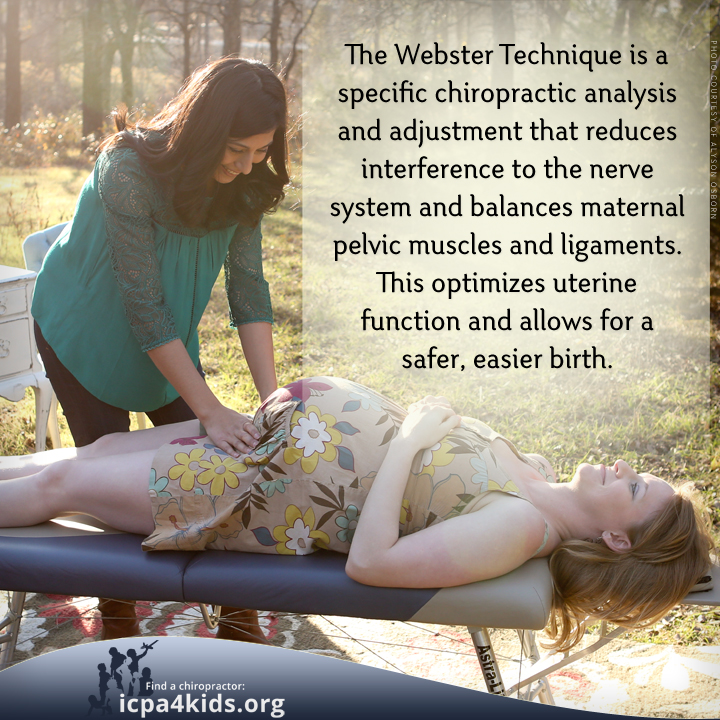
A lot of you may have not noticed the MSACN at the end of my name. I get it. You scan by them to get to the important information. But, those five letters are more important than you realize. MSACN stands for Masters in Applied Clinical Nutrition. That means I spent a lot of weekends studying for a third expensive degree while in chiropractic school. I went into it hoping to find tangible information that I could use with my future patients. At that point in my life I had struggled with my health, and for me- nutrition was the answer. I was excited to come out having some of those answers to share with others. The program was new, and for someone who doesn’t love chemistry- it was a challenge at times. But our professors were passionate and always emphasized the application of our learning to our future as practicing healthcare providers.
The thing is: clinical nutrition is changing all the time. New research is continually being conducted, and a variety of new findings are being published on a regular basis. Not only that but where we get our food and what makes up a quality supplement is also changing constantly. So, my least favorite class in school; “Design, Analysis, and Critical Evaluation of Research,” also happened to be one of the most important ones I took and still use today. Applying what I learned in that class allows me to look at a published research paper and determine if it’s a good study. It helps me to weed out papers that are skewed or misleading.
One of the areas I get asked about all the time (and that I’ve spent over a decade scouring research papers and learning about) is that of supplements. And with winter here to stay for a while, we’ve had a lot of questions about them. “What should I take?” “What do I NOT need” “How much is the right amount?” Please keep in mind, the specifics of your supplementation list are going to vary from person to person. Many factors play a role in determining what is right for you, including your overall health, the food you eat, the medications you’re on, your blood work, and even your genetic makeup. I change up my supplements on a regular basis with the help of my naturopath. We make those decisions based mostly on how we feel, and what our blood work tells us. But there are some basics that I can confidently say are important daily supplements for everyone, especially when this cold, white season is upon us. All of these nutritional supplements have numerous studies clearly showing their value in our diet. Here are the most important you should be aware of.
Vitamin D3
I am sure you’ve all heard it by now. This is a vital nutrient, specifically when it comes to immune function. 5000 IU is the generally recommended dose, but I recommend getting blood drawn to determine how low you are. The majority of Americans are deficient in vitamin D and may need more for optimal health, and conversely, if you have been taking it a long time, you may have built those levels up.
EPA and DHA (Omega 3’s, Fatty Acids, Fish Oil)
In our American diet, we consume a large amount of Omega 6 fats, but not nearly enough Omega 3 fats. The Omega 3 is what we want and need- they are anti-inflammatory and help with cartilage, skin, and brain function just to name a few. At least 1500 mg/day up to 3000 mg/day in supplementation is ideal.
Magnesium
Magnesium is the most important mineral thanks to its incredible number of jobs in our bodies. It protects the heart, blood vessels, and brain. It’s also known to help with sleep and as a natural muscle relaxer. 300mg/day is generally recommended, often best tolerated taken at night. We have a couple of different varieties of magnesium supplementation in the office, ask one of us and we will find which is best for you!
Probiotics
80% of our immune system is in our gut! It is imperative to feed and grow good bacteria to aid in digestive health and increase our ability to fight off viruses and infections. The number of strains and amount is specific to you and your history. We have a variety of options available to order, so please ask which are best for you!
Fruits and Greens or Fruits and Greens Immune Support
This superfood formula is packed full of goodness and phytonutrients! It’s a whole-food supplement with easily absorbable antioxidants, enzymes, and vitamins. AND multiple probiotic strains are added right in! The Immune Support line has Elderberry and Zinc for some extra punch against the seasons’ sickness that will no doubt float around. There are lots of delicious flavors, so it’s easy to find something that appeals to you. You’ll catch our doctors and staff sipping on it regularly here in the office. Don’t be afraid to ask us which one is our favorite!
– Dr. Kate Althans, MSACN






